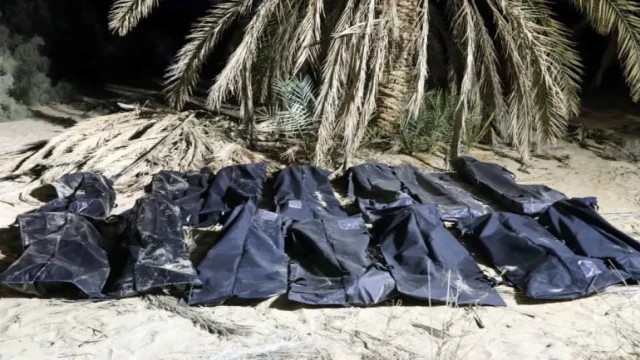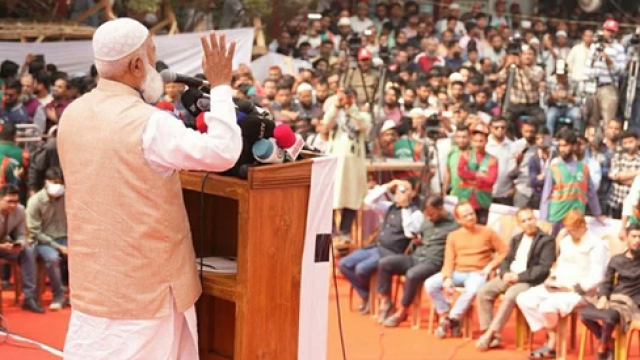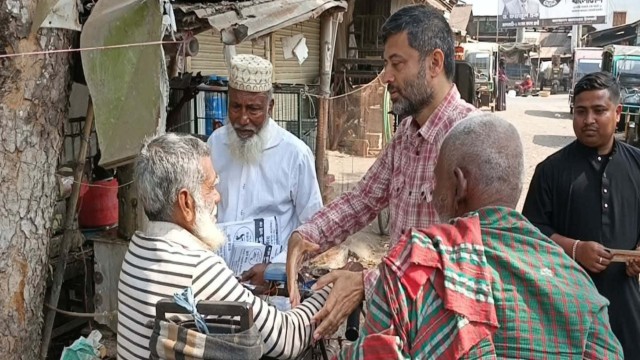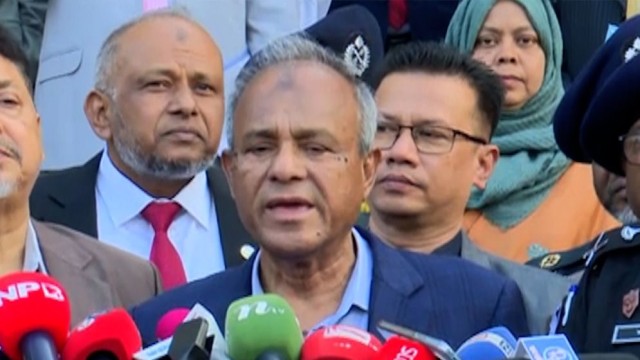Kufra, Feb 10, (V7N) - On Friday, February 9, the Libyan Security Directorate confirmed the discovery of a mass grave on a farm in the region, where 19 bodies were recovered. The investigation into these bodies is ongoing, including autopsies. On the same day, authorities uncovered a second grave near a detention camp in Kufra, where at least 30 additional bodies were found. Reports from survivors state that around 70 individuals were buried in the grave, with some reportedly shot before being buried. Investigations into the second grave are continuing.
The humanitarian organization Al-Abrin, which aids migrants and refugees in eastern and southern Libya, has indicated that some of the bodies found in these graves were executed before being buried, pointing to potential abuse by traffickers and others involved in the migrant crisis.
The situation highlights the dire conditions faced by migrants in Libya, many of whom are subjected to forced labor, beatings, sexual violence, and other forms of abuse by human traffickers and armed groups. These discoveries are not the first of their kind. In 2024, a mass grave containing at least 65 bodies of migrants was found in the southern region of Shwaref, near the capital Tripoli.
Libya has long been a destination and transit point for migrants and refugees from sub-Saharan Africa, the Middle East, and South Asia. The country's ongoing instability, which began with the NATO-backed uprising that ousted Muammar Gaddafi in 2011, has allowed human traffickers to exploit vulnerable individuals seeking to escape poverty and conflict. Migration routes through Libya are controlled by various militias, further complicating the safety of migrants.
Since the fall of Gaddafi's regime, Libya has been divided between two rival governments, one in the east and another in the west, with both supported by different militias and foreign powers. This political fragmentation has made it difficult to provide adequate protection for migrants and refugees, and the country’s detention centers have become notorious for their mistreatment of detainees, including extortion and sexual abuse.
Human rights organizations and the United Nations have regularly condemned the treatment of migrants in Libya and have called for international support to address the root causes of migration, such as instability, poverty, and the exploitation of vulnerable people by traffickers.
The situation in Libya serves as a stark reminder of the perils faced by migrants as they attempt to make their way through one of the most dangerous migration routes in the world.
END/WD/SMA/































Comment: